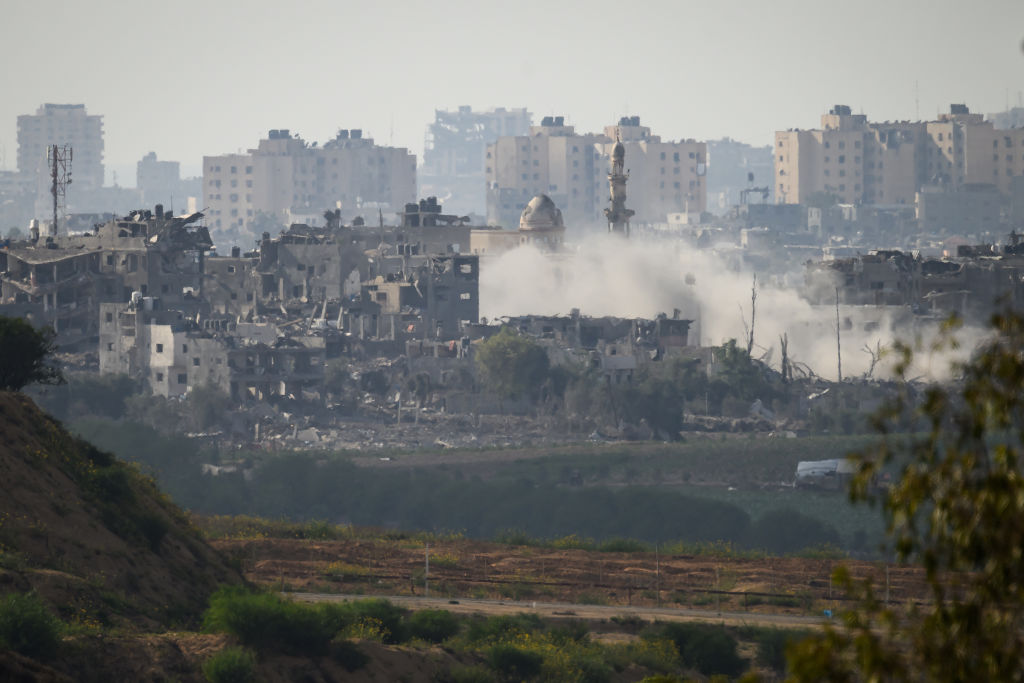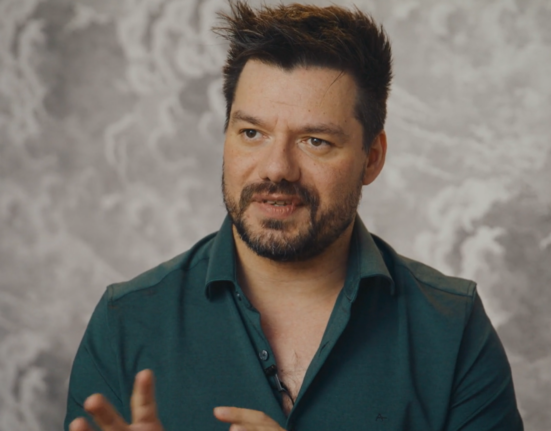Amid ongoing conflict in the Middle East, an open letter demanding an immediate ceasefire circulated online earlier this week, receiving signatures from more than 2,000 visual artists, writers, and actors. On Saturday, an Israeli response to that open letter began circulating.
On October 7, roughly 1,400 Israeli citizens were murdered, while another 3,500 were wounded, and 200 hostages taken during a brutal attack by members of Hamas, the militant organization that governs Gaza. In response to the act of terrorism, the Israeli military cut off food, water, and electricity to Gaza and began a campaign of sustained airstrikes on the region that has killed more than 3,000 Palestinians civilians and injured over four times that, according to the Gaza Ministry of Health.
Last week, Israel ordered more than one million Palestinians who live in northern Gaza to evacuate, which the United Nations deemed was “not feasible” and “could transform what is already a tragedy into a calamitous situation.”
The open letter, signed by a number of arts and cultural leaders, stated that the 2.3 million Palestinians in Gaza are suffering a “collective punishment on an unimaginable scale” from Israel and called for “the end of the complicity of our governing bodies in grave human rights violations and war crimes.” The letter ended with a direct appeal to arts organizations and institutions “to refuse inhumanity, which has no place in life or art”.
The Israeli art community responded with a statement of its own posted to Instagram Saturday. “What’s most upsetting is the complete absence of any mention of over 200 people kidnapped, most of them civilians, including babies, children, old and sick people,” it read. “[T]he hostages are not part of the humanity they are appealing for. By omission, they are giving legitimacy to the abduction of civilians.”
The statement continued, “By ignoring the rights of all who live in Israel, it’s as if those who signed the letter are dehumanizing all of those who live in Israel, the 9 million people who have a right to exist.”
Ultimately, they argued that making “a general statement” condemning the violence “undermines the moral stance taken by the letter’s signatories.”
It ends with an appeal for unity among groups that have been impacted by the conflict, with “no contradiction between staunchly opposing the Israeli occupation and the crimes in Gaza, and unequivocally condemning brutal acts of violence against innocent civilians in Israel.”








